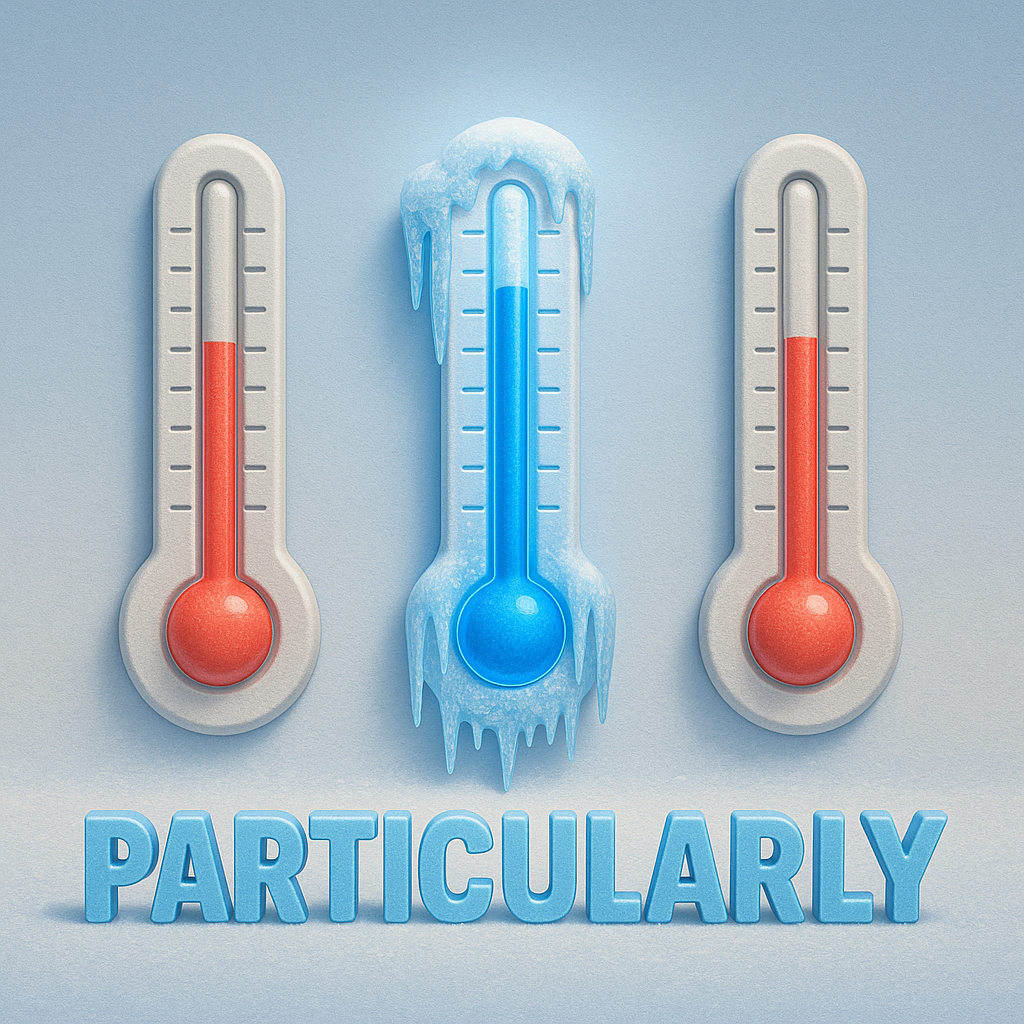Particularly
Definition
Particularly is an adverb used to emphasize a specific detail or aspect of something. It can also mean "especially" or "to a higher degree than usual."
Parts of Speech
- Adverb
Pronunciation
American English
- IPA Pronunciation: /pərˈtɪk.jə.lɚ.li/, /pərˈtɪk.lɚ.li/
- Respelling: per-TIK-yuh-ler-lee, per-TIK-ler-lee
British English
- IPA Pronunciation: /pəˈtɪk.jʊ.lə.li/, /pəˈtɪk.lə.li/
- Respelling: puh-TIK-yuh-luh-lee, puh-TIK-luh-lee
Etymology
The word "particularly" originates from the Latin "particularis," meaning "pertaining to a part," derived from "particula" (small part) and the suffix "-ly" in English, which denotes an adverbial form. It entered Middle English through Old French.
Derivatives
- Particular (adjective)
- Particularity (noun)
- Particularize (verb)
- Particularism (noun)
- Particularist (noun/adjective)
Synonyms
- Especially
- Specifically
- Notably
Antonyms
- Generally
- Broadly
- Indiscriminately
Usage
The term "particularly" is used to emphasize certain aspects of a statement. For example, "I enjoyed the meal, particularly the dessert" or "The rules apply particularly to those in leadership roles."
Related Terms
- Especially: Used to single out one element as more important.
- Specifically: Refers to a precise detail or point.
- Notably: Describes something deserving special attention.
Detailed Definitions
Adverb
- To emphasize a specific detail: Highlights a particular part of a broader statement.
- Example: "I am particularly interested in modern art."
- To a higher degree than usual: Indicates something exceptional or unusual.
- Example: "The weather was particularly cold this morning."
- Used to narrow the focus: Specifies one element among others.
- Example: "She chose the red dress, particularly because it was on sale."
particularly



🇨🇳 Mandarin
- 特别是 (tèbié shì)
- IPA: /tʰɤ˥˩ pje˥˥ ʂʐ̩˥˩/
- Respelling: te-bie shi
🇮🇳 Hindi
- विशेष रूप से (vishesh roop se)
- IPA: /vɪʃeːʃ ruːp seː/
- Respelling: vish-esh roop se
🇪🇸 Spanish
- Particularmente
- IPA: /partikulaɾ'mente/
- Respelling: par-ti-cu-lar-men-te
- Especialmente
- IPA: /espeθial'mente/
- Respelling: es-pe-thi-al-men-te
🇫🇷 French
- Particulièrement
- IPA: /paʁtikyljɛʁmɑ̃/
- Respelling: par-ti-cu-lièr-man
🇸🇦 Arabic (Modern Standard)
- بشكل خاص (bishaakl khaas)
- IPA: /biːʃækl xaːs/
- Respelling: bi-shakl khaas
🇧🇩 Bengali
- বিশেষ ভাবে (bisheshe bhabe)
- IPA: /biʃɛʃ bʱabe/
- Respelling: bi-she-sh bha-be
🇷🇺 Russian
- Особенно (Osobenno)
- IPA: /ˌosəˈbʲenːə/
- Respelling: o-so-byen-no
🇵🇹 Portuguese
- Particularmente
- IPA: /pɐʁtikuˈlaɾmẽt(ɨ)/
- Respelling: par-ti-cu-lar-men-te
🇮🇩 Indonesian
- Khususnya
- IPA: /kʰususɲa/
- Respelling: khu-su-snya
🇩🇪 German
- Insbesondere
- IPA: /ɪnz.bəˈzɔn.dɐ.rə/
- Respelling: ins-be-son-de-re
🇯🇵 Japanese
- 特に (tokuni)
- IPA: /to.kɯ̟ᵝ.nʲi/
- Respelling: to-kuni
🇻🇳 Vietnamese
- Đặc biệt là
- IPA: /ɗak̚˦ˀ˥.bjet̚˦ˀ˥ laː˧˧/
- Respelling: dak-biet la
🇰🇷 Korean
- 특히 (teukhi)
- IPA: /tʰʌk̚.çi/
- Respelling: teuk-hi
🇹🇷 Turkish
- Özellikle
- IPA: /øzelikle/
- Respelling: oz-el-ik-le





